
How to Treat and Prevent Summer Sores in Horses
Summer sores can worsen rapidly without prompt treatment. Find out how to prevent these lesions and explore methods veterinarians use to address them.


Summer sores can worsen rapidly without prompt treatment. Find out how to prevent these lesions and explore methods veterinarians use to address them.

Learn how to recognize summer sores in horses and what your veterinarian might do to make a definitive diagnosis.

Is barefoot right for your horse? Learn why and how farriers transition shod horses to barefoot.

After years of speculating that colic occurs more frequently in horses that crib, researchers have finally provided consistent data confirming this association.
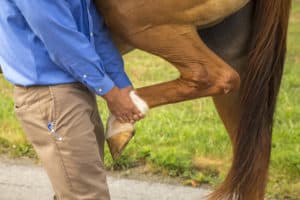
What does it mean when your veterinarian says your horse is “Grade 3 lame”? The answer lies in the American Association of Equine Practitioners’ lameness scale.

Learn why this antioxidant is important for muscle health and how to supplement it safely.

A comprehensive look at options for keeping equine athletes with arthritis on the move. Sponsored by Bimeda.

In this case report we see how a senior horse diagnosed with severe equine asthma repeatedly developed pneumonia.

Humans, not insects, are now the major source of equine infectious anemia (EIA) infections.
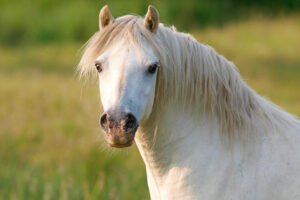
Discover which horses and ponies have a higher genetic risk for EMS and how to manage them in the Spring 2024 issue of The Horse.

How veterinarians diagnose and rehabilitate horses suffering from kissing spines.
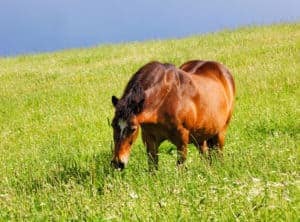
Researchers suggest high-protein diets might be harmful for horses with ID.
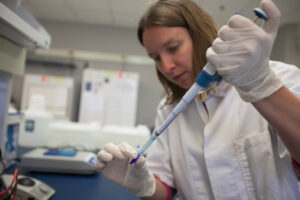
Learn about new applications for biologic therapies to treat horse’s infertility, wounds, ligament injuries, and eye issues. Read more in The Horse‘s Research Roundup 2023 issue.
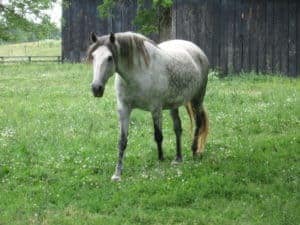
Veterinarians should consider medications for controlling hyperinsulinemia in horses only when diet and exercise prove insufficient.
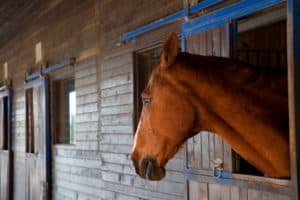
This new system might make testing sick horses’ blood glucose levels more efficient.
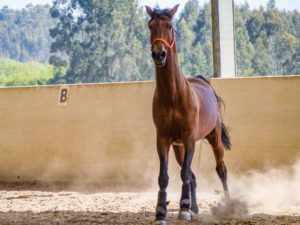
A poor outcome for a horse with EPM demonstrates the complexity of this neurologic disease. Read more in this article from The Horse‘s Summer 2023 issue.
Stay on top of the most recent Horse Health news with
© 2022 Copyright Statement dolor sit amet, consetetur sadipscing User Terms, sed diam nonumy eirmod tempor invidunt ut labore et dolore magna aliquyam erat, sed diam voluptua. At vero eos et accusam et justo duo dolores et ea rebum. Stet clita kasd gubergren, no sea takimata sanctus est Lorem ipsum dolor sit amet.